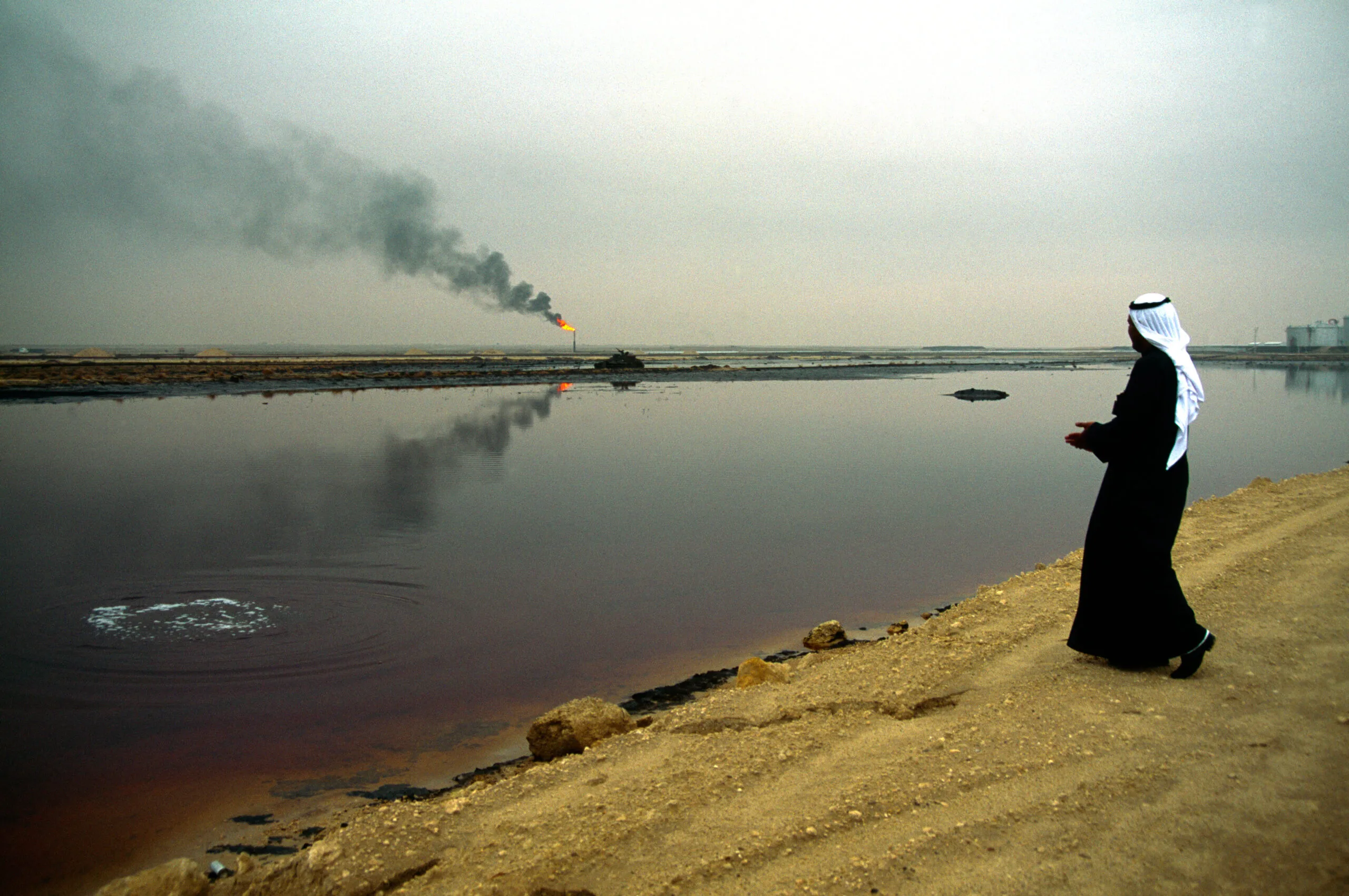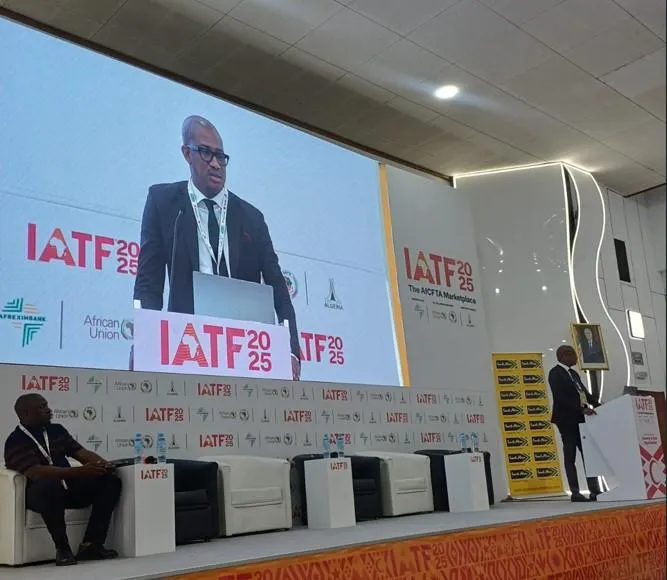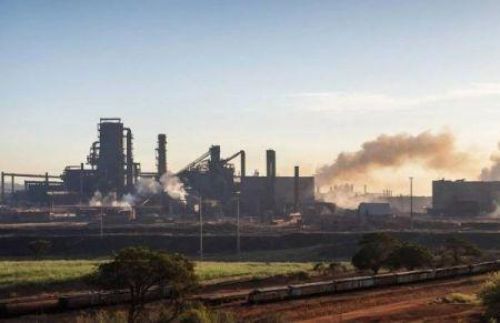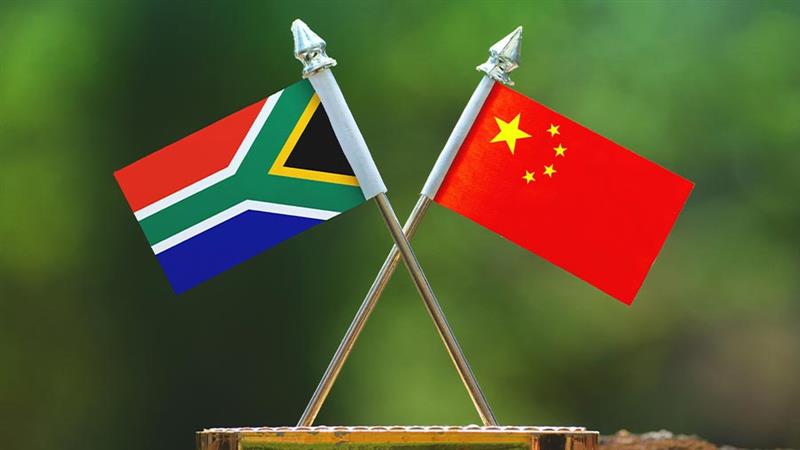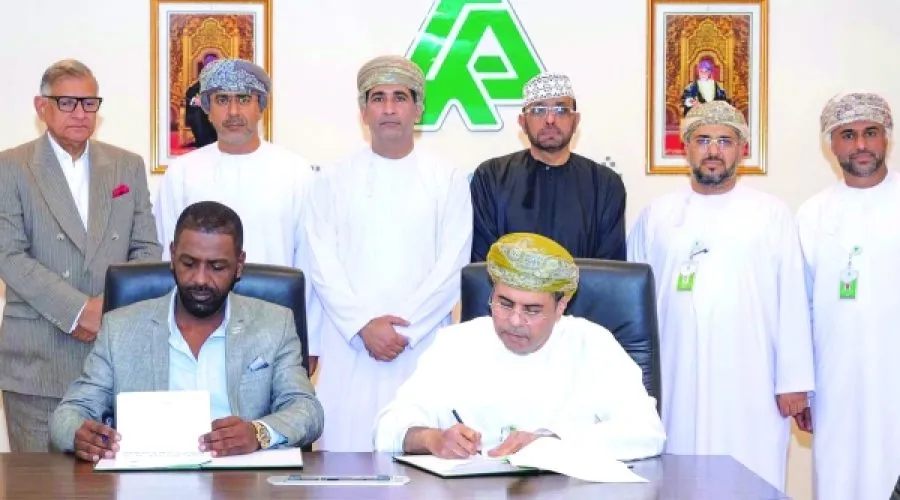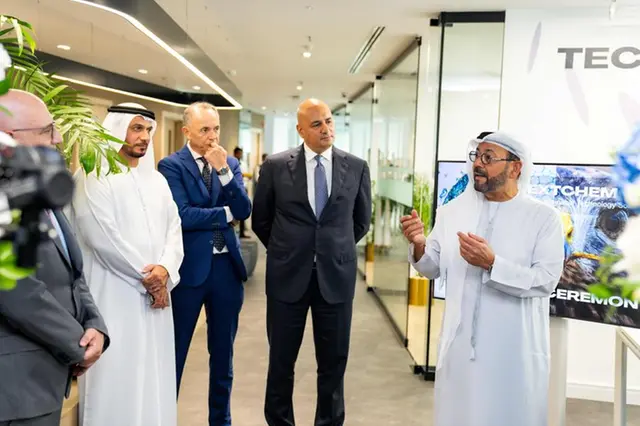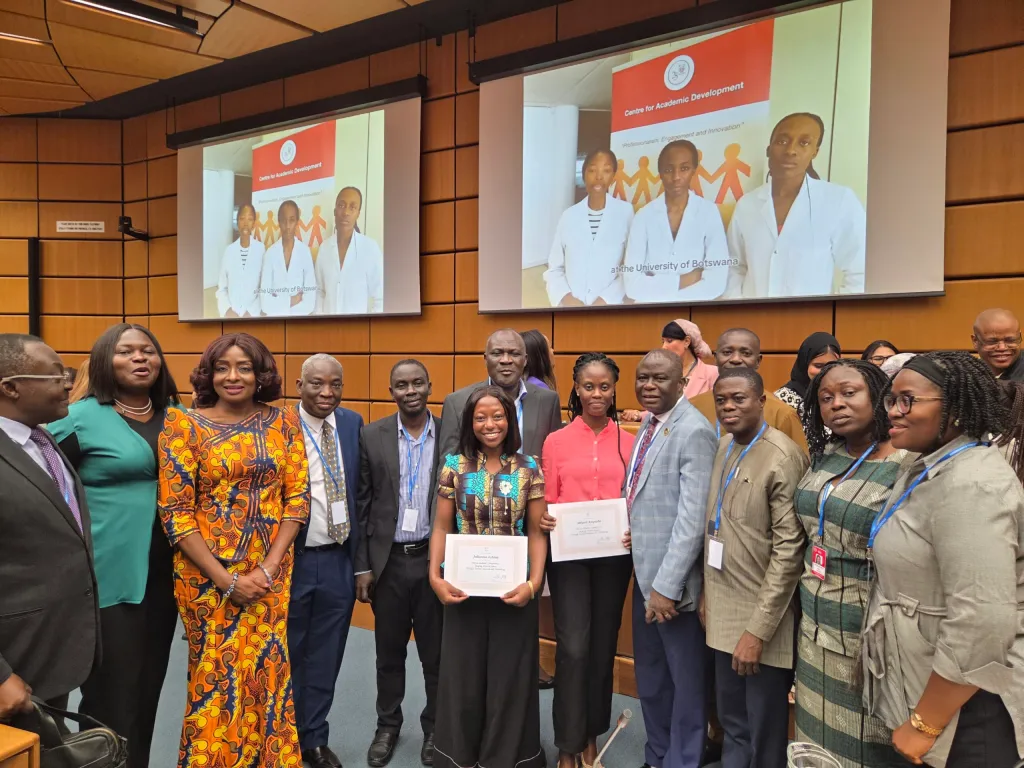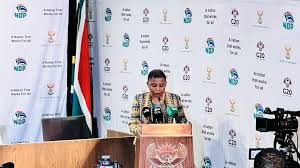Energy Other

Saudi Arabia plans to refocus $925 billion fund after giga project delays, source says
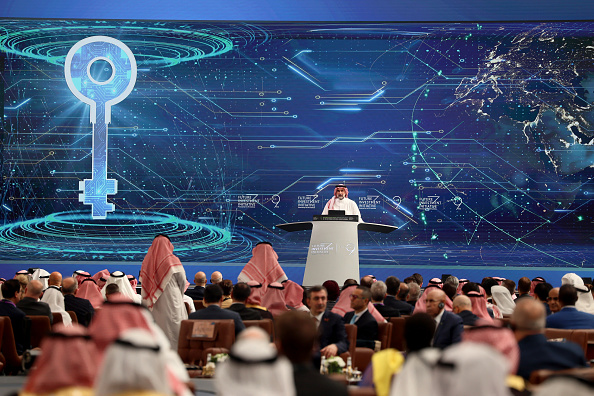
Saudi Arabia's PIF Shifts Strategy from Gigaprojects to Core Sectors
Saudi Arabia is preparing to reorient its $925 billion sovereign wealth fund, the Public Investment Fund (PIF), away from the massive real estate gigaprojects that have defined its economic vision for the past decade. According to sources with direct knowledge of the plans, this strategic shift is driven by a determination to secure more sustainable and near-term returns for the fund. The PIF's Governor, Yasir Al-Rumayyan, has since confirmed that a new strategy will be announced soon, focusing on key "ecosystems" beyond the original flagship developments.
Moving Beyond Vision 2030's Original Gigaprojects
Since its introduction by Crown Prince Mohammed bin Salman in 2016, Vision 2030 has been heavily associated with futuristic real estate ventures. The PIF, as the plan's primary financier, championed projects like NEOM, a $500 billion futuristic city in the desert, and Trojena, a planned mountain resort for winter sports. However, many of these gigaprojects have faced repeated delays and have not yet yielded returns commensurate with their massive investments. Reports indicate that work on NEOM's "The Line" has been significantly scaled back, and the hosting of the Asian Winter Games may be postponed.
The New Strategic Priorities and "Ecosystems"
The updated PIF strategy aims to narrow its focus to sectors with more immediate economic potential. Al-Rumayyan outlined that the new plan will concentrate on six core areas: travel and tourism, urban development, advanced manufacturing, industrial and logistics, clean energy and renewable infrastructure, with NEOM now categorized as its own separate ecosystem.
Specific new priorities confirmed by sources include establishing Saudi Arabia as a global logistics hub, capitalizing on recent Red Sea shipping disruptions. The fund will also focus on exploiting the kingdom's large, undisclosed reserves of rare earth minerals to expand the mining sector. Furthermore, there is a renewed emphasis on expanding religious tourism to the holy cities of Mecca and Medina, supported by recent infrastructure projects like the expansion of the Grand Mosque.
Embracing Artificial Intelligence and Maintaining Energy Strengths
A significant pillar of the new strategy is a major push into artificial intelligence. The kingdom plans to leverage its vast energy resources to power data centers, positioning itself as a player in the global AI sector. PIF-owned AI company, Humain, has announced plans to build approximately 6 gigawatts of data center capacity, with its CEO confirming that funding is readily available. Alongside these new ventures, the kingdom will continue to invest strongly in its foundational oil and petrochemicals sector, with renewables intended to supplement, rather than replace, this core industry.
Drivers and Financial Performance of the Pivot
This strategic repositioning comes as pressure mounts on the PIF and its portfolio companies to generate better financial returns. The fund's annual average return for the 2017-2024 period was 7.2%, a decrease from previous figures, as it booked impairments on some projects. This financial reality has prompted a more disciplined approach, including a previously signaled plan to scale back international investments from 30% of its portfolio to between 18% and 20%. The shift reflects a broader reassessment of how to most effectively transform the Saudi economy and achieve the long-term goals of Vision 2030.



